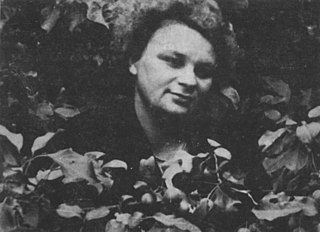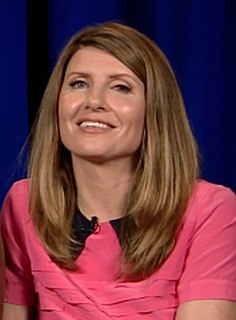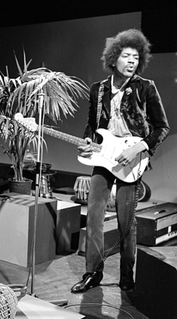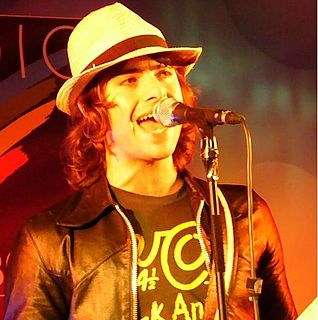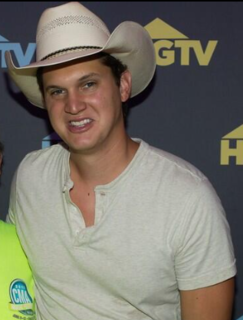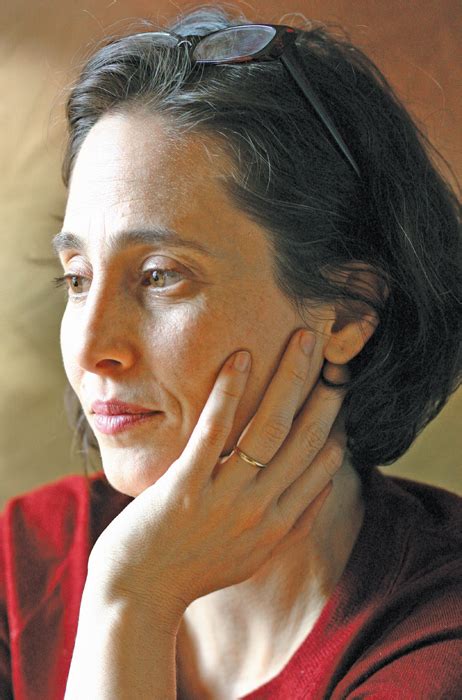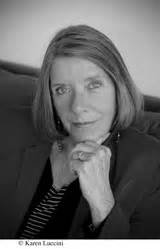Top 1200 Writing Notes Quotes & Sayings - Page 5
Explore popular Writing Notes quotes.
Last updated on December 12, 2024.
Writing fiction is very different to writing non-fiction. I love writing novels, but on history books, like my biographies of Stalin or Catherine the Great or Jerusalem, I spend endless hours doing vast amounts of research. But it ends up being based on the same principle as all writing about people: and that is curiosity!
Writing has to do with truth-telling. When you're writing, let's say, an essay for a magazine, you try to tell the truth at every moment. You do your best to quote people accurately and get everything right. Writing a novel is a break from that: freedom. When you're writing a novel, you are in charge; you can beef things up.
My mother was a tremendous woman. I was just cleaning up old trunks and I found a book with her notes written during the war years, in the 1940s. She was studying in Lahore, which became Pakistan. She was writing about how women alone could bring peace to the world, that the men with all their greed and egos were creating all these tensions and violence. I always knew she was a feminist, ahead of her time.
Like how stars might sound. Or moons But not mountains. Too floaty for mountains. It's a sound like one planet singing to another, high stretched and full of different voices starting at different notes and sloping down to other different notes but all weaving together in a rope of sound that's sad but not sad and slow but not slow and all singing one word. One word.
... And we talk it out. Lately, I've had Roy Thomas come in, and he sits and makes notes while we discuss it. Then he types them up, which gives us a written synopsis. Originally - I have a little tape recorder - I had tried taping it, but then I found no one on staff has time to listen to the tape again later. But this way he makes notes, types it quickly, I get a carbon, the artist gets a carbon ... so we don't have to worry that we'll forget what we've said.
Writing down your thoughts is both necessary and harmful. It leads to eccentricity, narcissism, preserves what should be let go. On the other hand, these notes intensify the inner life, which, left unexpressed, slips through your fingers. If only I could find a better kind of journal, humbler, one that would preserve the same thoughts, the same flesh of life, which is worth saving.
Writing, for me, when I'm writing in the first-person, is like a form of acting. So as I'm writing, the character or self I'm writing about and my whole self - when I began the book - become entwined. It's soon hard to tell them apart. The voice I'm trying to explore directs my own perceptions and thoughts.
I feel guilty when people say I'm the greatest on the scene. What's good or bad doesn't matter to me; what does matter is feeling and not feeling. If only people would take more of a true view and think in terms of feelings. Your name doesn't mean a damn, it's your talents and feelings that matter. You've got to know much more than just the technicalities of notes; you've got to know what goes between the notes.
The genius of a composer is found in the notes of his music; but analyzing the notes will not reveal his genius. The poet's greatness is contained in his words; yet the study of his words will not disclose his inspiration. God reveals himself in creation; but scrutinize creation as minutely as you wish, you will not find God, any more than you will find the soul through careful examination of your body.
Gimme the tune. Do I like this tune? Does it sound like another tune that I like? The more familiar it is, the better I like it. Hear those three notes there? Those are the three notes I can sing along with. I like those notes very, very much. Give me a beat. Not a fancy one. Give me a GOOD BEAT -- something I can dance to. It has to go boom-bap, boom-boom-BAP. If it doesn't, I will hate it very, very much. Also, I want it right away -- and then, write me some more songs like that -- over and over and over again, because I'm really into music.
Actually, I've taught creative writing in Turkey, at an English language university, where the students were native Turkish speakers, but they were writing their essays in English, and they were very interesting - even the sense of structure, the conventions of writing, the different styles of writing.
Wildlife was the only thing we've written together with Paul Dano. It's based on a book by this author Richard Ford, who just published a memoir about his family that's really wonderful. Paul fell in love with his book, and we optioned it ourselves, and he took a first pass at writing it. He asked me for notes, and then our note session devolved into an argument really quickly.
When I used to teach writing, what I would tell my playwriting students is that while you're writing your plays, you're also writing the playwright. You're developing yourself as a persona, as a public persona. It's going to be partly exposed through the writing itself and partly created by all the paraphernalia that attaches itself to writing. But you aren't simply an invisible being or your own private being at work. You're kind of a public figure, as well.
As the great Confucius said, "The one who would be in constant happiness must frequently change." Flow. But we keep looking back, don't we? We cling to things in the past and cling to things in the present...Do you want to enjoy a symphony? Don't hold on to a few bars of the music. Don't hold on to a couple of notes. Let them pass, let them flow. The whole enjoyment of a symphony lies in your readiness to allow the notes to pass.
Right now-whether you're in writing courses getting "paid" in credit for writing, or burdened and distracted by earning a living and changing diapers-figure out how to make writing an integral part of your life. Publication is good, and gives you the courage to go on, but publication is not as important as the act of writing.
And pomp, and feast, and revelry, With mask, and antique pageantry, Such sights as youthful poets dream On summer eves by haunted stream. Then to the well-trod stage anon, If Jonson's learned sock be on, Or sweetest Shakespeare, Fancy's child, Warble his native wood-notes wild, And ever, against eating cares, Lap me in soft Lydian airs, Married to immortal verse Such as the meeting soul may pierce, In notes with many a winding bout Of linked sweetness long drawn out.
I haven’t had trouble with writer’s block. I think it’s because my process involves writing very badly. My first drafts are filled with lurching, clichéd writing, outright flailing around. Writing that doesn’t have a good voice or any voice. But then there will be good moments. It seems writer’s block is often a dislike of writing badly and waiting for writing better to happen.
Whether it's writing a monologue or writing standup or writing a screenplay or writing a play, I think staying involved in the creation of your own work empowers you in a way, even if you don't ever do it. It gives you a sense of ownership and a sense of purpose, which I think as an actor is really important.
The secret to writing is just to write. Write every day. Never stop writing. Write on every surface you see; write on people on the street. When the cops come to arrest you, write on the cops. Write on the police car. Write on the judge. I'm in jail forever now, and the prison cell walls are completely covered with my writing, and I keep writing on the writing I wrote. That's my method.
Write all the time. I believe in writing every day, at least a thousand words a day. We have a strange idea about writing: that it can be done, and done well, without a great deal of effort. Dancers practice every day, musicians practice every day, even when they are at the peak of their careers – especially then. Somehow, we don’t take writing as seriously. But writing – writing wonderfully – takes just as much dedication.
My best experience as a writer was working with Michael Ondaatje. He let me dismantle his novel, reimagine it, and still had dinner with me and gave me good notes. But the best thing about writing has been the writer's life, the sense of being expressed, the ownership of the day, the entirely specious sense of freedom we have, however slave we are to some boss or other. I wouldn't trade it for any other life.










